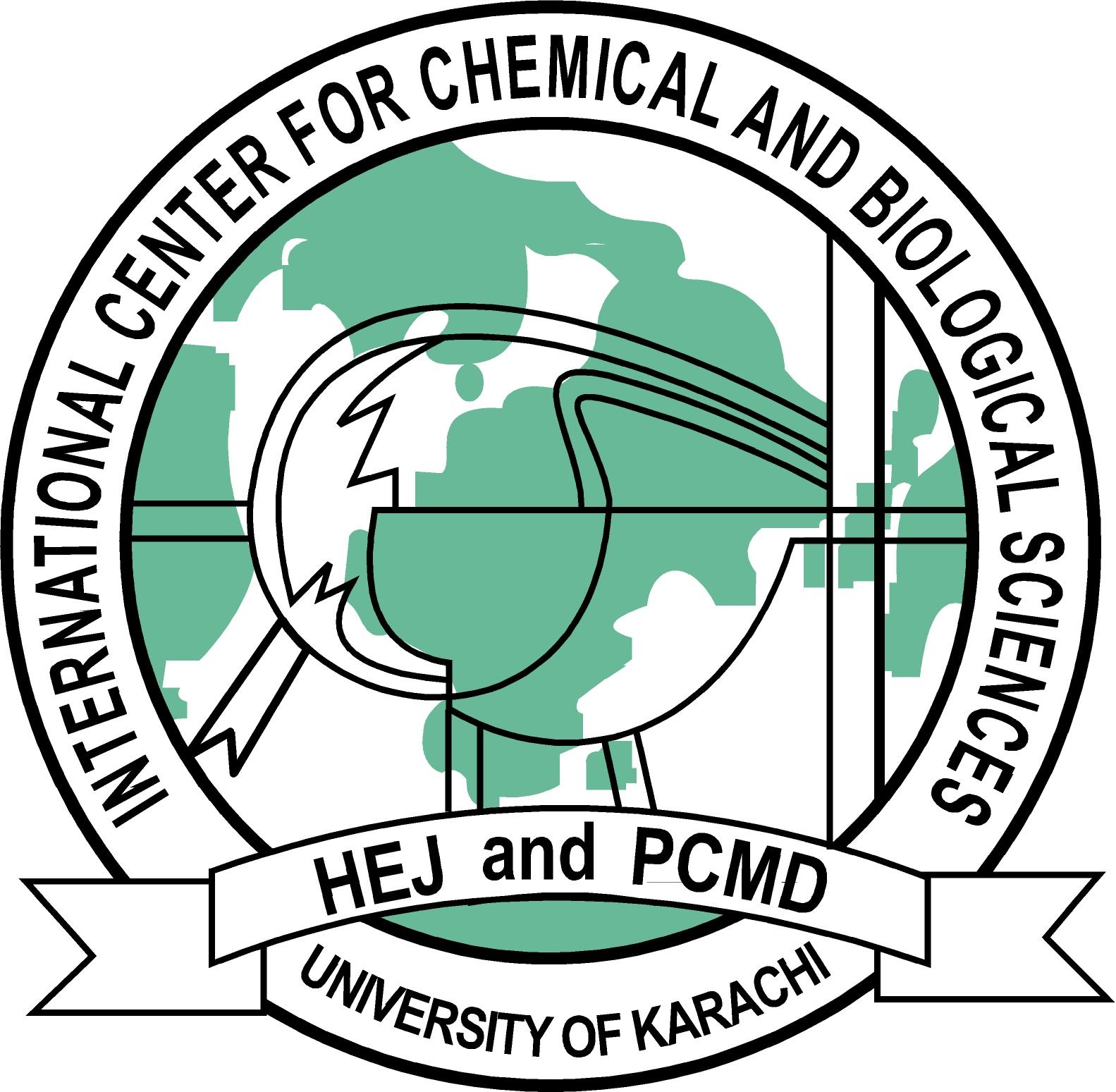Microbiology: Basic Principles/ Scarlett Jaxon
Material type: TextPublication details: United States: Murphy & Moore Publishing, 2021.Description: 241 pagesISBN:
TextPublication details: United States: Murphy & Moore Publishing, 2021.Description: 241 pagesISBN: - 9781639873647
| Item type | Current library | Call number | Status | Date due | Barcode |
|---|---|---|---|---|---|
 Book
Book
|
Dr. Panjwani Center for Molecular Medicine and Drug Research (PCMD) Library | QR62.J39_2021 (Browse shelf(Opens below)) | Available | P 2993 |
Browsing Dr. Panjwani Center for Molecular Medicine and Drug Research (PCMD) Library shelves Close shelf browser (Hides shelf browser)
Microbiology is the study of organisms that are unicellular, multicellular or acellular in nature. This comprises bacteria, archaea, viruses, fungi, prions, protozoa and algae, collectively called microbes. These microbes play an indispensable role in processes as nutrient cycling, biodegradation, climate change, food spoilage, the cause and control of disease, and biotechnology. This field deals with the structure, function, and classification of such organisms as well as the manner in which their activities can be controlled or exploited. In addition to residing in both the inner and outer surfaces of the human body, microbes abound in the soil, in the seas, and in the air. Although normally unnoticed, microorganisms provide ample evidence of their presence. Microorganisms are of incalculable value to Earth's ecology. They are integral to the disintegration of animal and plant remains and converting those into simpler substances that can be recycled in nature. This book unfolds the innovative aspects of microbiology that will be crucial for the holistic understanding of the subject matter. The objective of this book is to give a general view of the different areas of microbiology, and its applications. It aims to serve as a resource guide for students and experts alike and contribute to the growth of the discipline.






